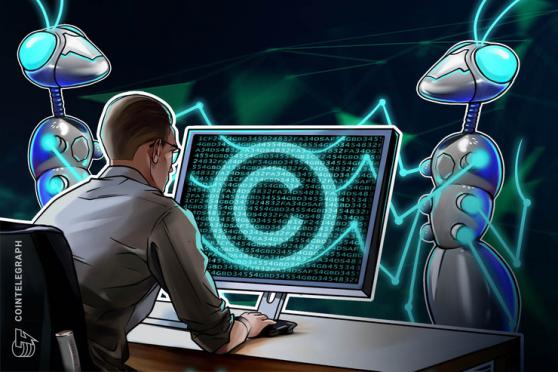Nonfungible tokens, or NFTs, are digital records of the ownership of assets. The asset types most commonly associated with NFTs are digital assets, such as artwork like memes, GIFs, or gaming characters or properties. Assets represented by NFTs, however, may be digital, physical, tangible or intangible. Examples of asset types that have been transferred or that have had their ownership recorded utilizing NFTs include sports memorabilia, copyrights in music, artwork and real estate. Intellectual property assets and, specifically, the ownership and transfer of ownership of patents may also be recorded and transferred as NFTs.
Related: Nonfungible tokens from a legal perspective
Greg Gerstenzang is a partner at Boston intellectual property law firm Lando & Anastasi LLP. Greg works with clients of all sizes to leverage their intellectual assets through strategic patent portfolio development and management primarily in the chemical and material sciences, computer technology and software, consumer products, electronics, and mechanical and industrial engineering industries. He prosecutes patent applications domestically and abroad in a wide range of technologies from water treatment to solid state physics. Greg’s intellectual property law practice focuses on patents, post-grant review process and strategic counseling. Greg is an active member of the MIT Club of Boston, the Cornell Club of Boston, the Boston Bar Association and the Boston Patent Law Association.
Continue Reading on Coin Telegraph
